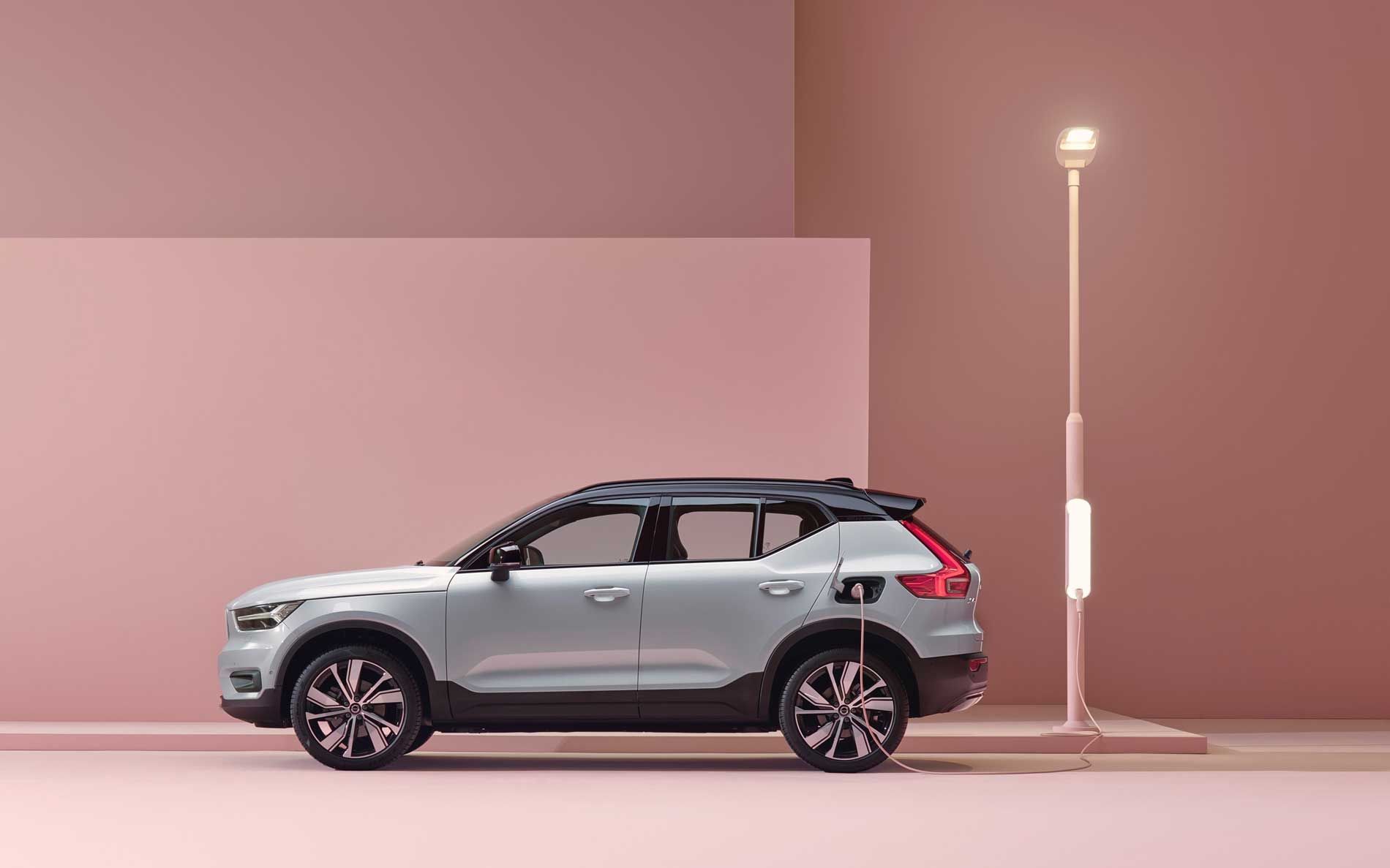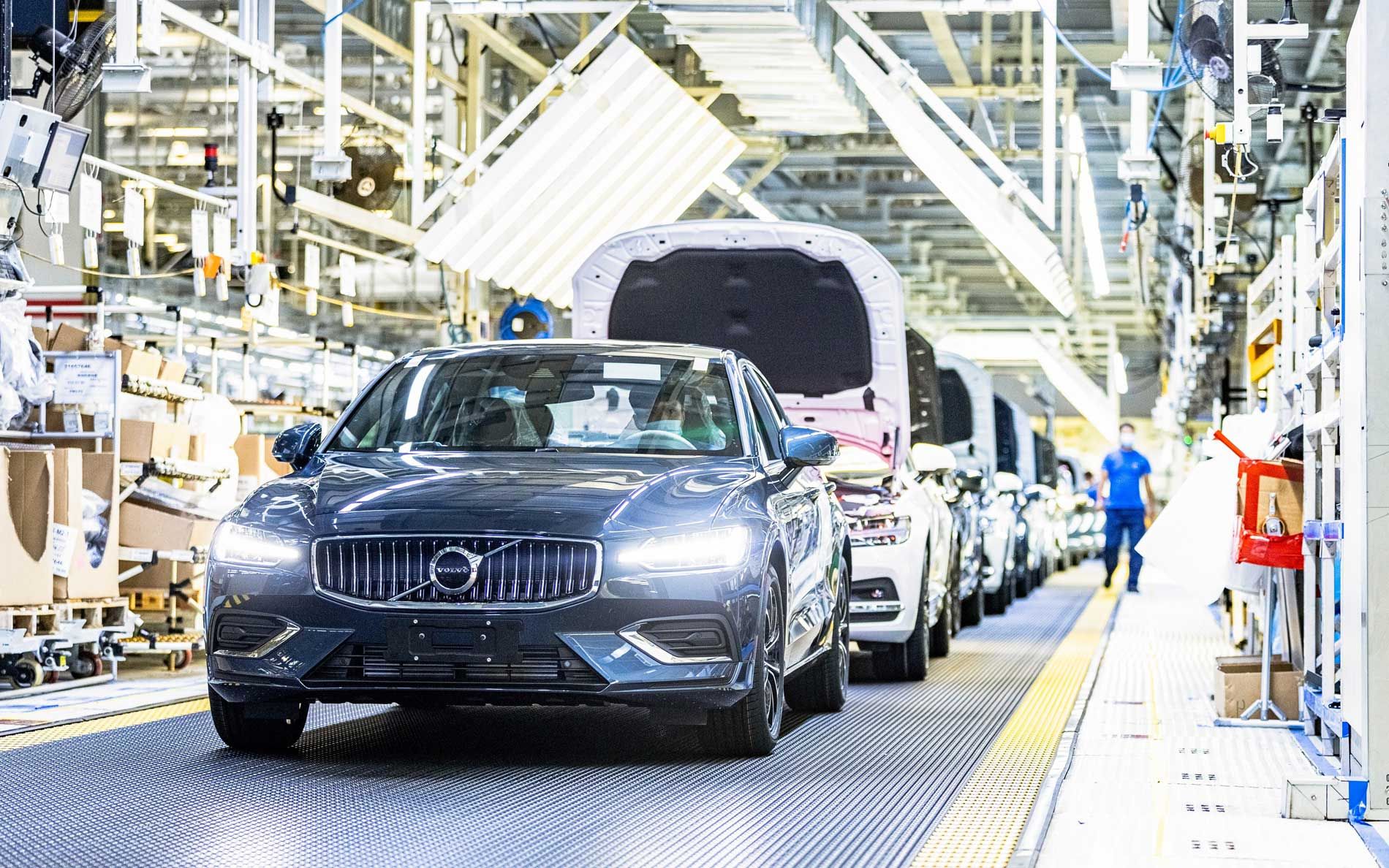Swedish automaker Volvo is on an ambitious mission to help save the planet, which involves electrifying its entire product range and becoming a carbon-neutral company by 2040
According to a 2018 report by the United Nations Framework Convention on Climate Change, road transport accounts for 17 percent of global greenhouse gas emissions, which is a major contributor to climate change. As a result, car manufacturers are actively taking steps to meet the demands of both consumers and governments to cut down their environmental impact.
For Swedish marque Volvo, a brand known for its high safety standards, the solutions lie in making its entire product range electric and reducing the carbon emissions of its manufacturing network, supply chain and wider operations. Its ultimate goal is to be a net-zero emissions company by 2040.
Volvo made a commitment in 2019 that every new model it launched from that year onwards would have an electric motor, an ambition that demonstrates the automaker's commitment to cleaner mobility. In 2020, Volvo introduced the XC40 Recharge, the company's first full-electric SUV that also comes in a hybrid option.
Notable features of the XC40 Recharge include being able to reach an 80 percent charge within 40 minutes and going from zero to 100km/h in just 4.9 seconds. This model is also available in a plug-in hybrid version, which has an electric-only range of up to 44km and a carbon dioxide emissions value of about 50g/km.
See also: 5 Sustainability Advocates To Know From The Gen.T List 2020

Volvo's target is to make its entire product range fully electric by 2030, and for half of its global sales to come from its fully electric and hybrid vehicles by 2025.
On the manufacturing front, Volvo is adopting measures to produce its electricity via solar energy or other renewable sources. This is on top of its efforts to recycle and reuse materials where possible, in order to reduce the carbon footprint generated by its manufacturing, operations and supply networks.
The carmaker's manufacturing plant in Daqing, China, for instance, recently became powered by 100 percent climate-neutral electricity, which is generated by wind and biomass power. The move follows in the footsteps of the company's other major Chinese manufacturing plant, in Chengdu, which reached the same milestone last year.
With the transition made by its Daqing plant, Volvo's global manufacturing network is now powered by almost 90 percent climate-neutral electricity.



